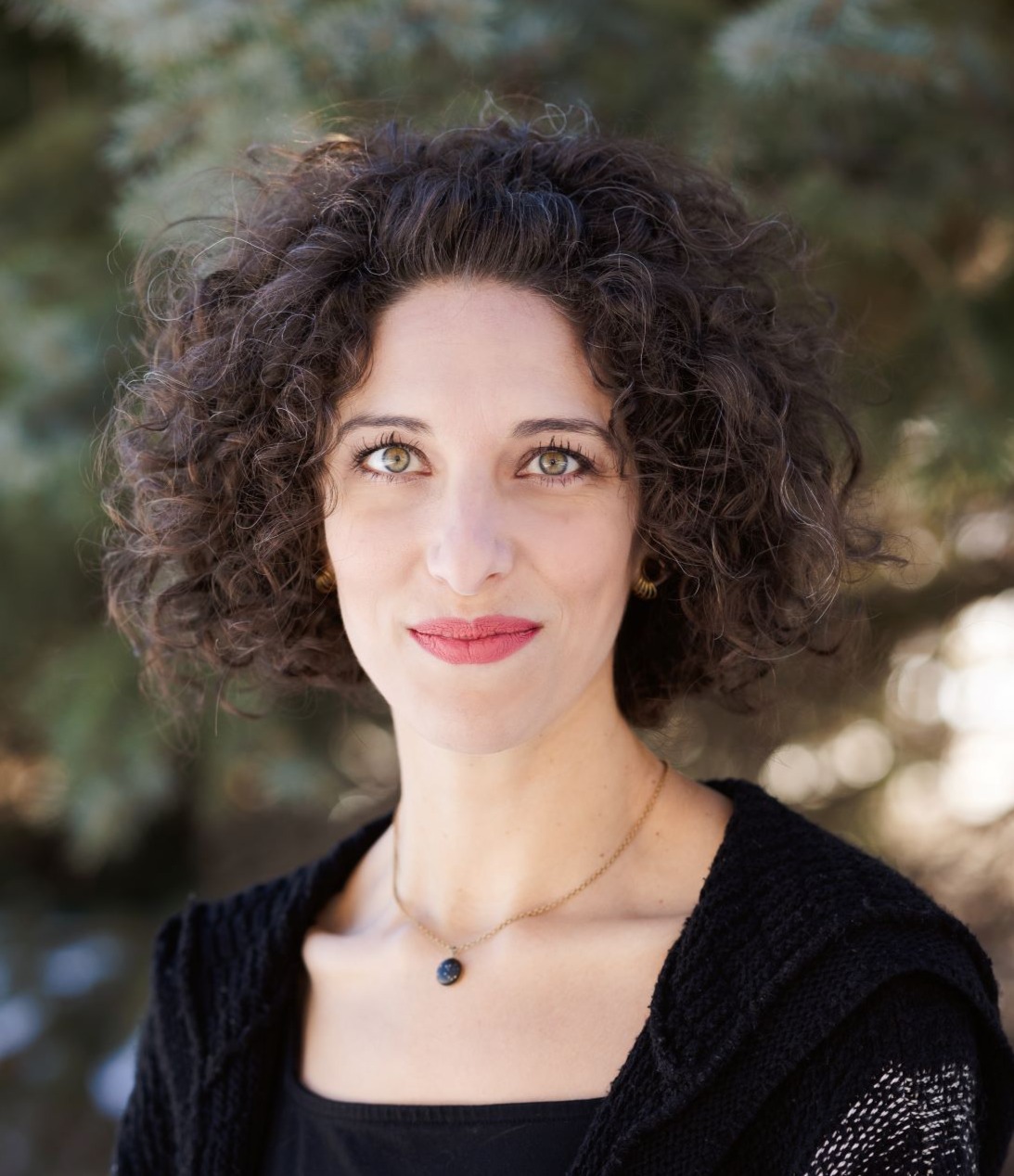Deepening Emotional Intimacy in Long-Term Relationships
- Jessica Carpenter

- Jul 22, 2025
- 5 min read

Ever heard the saying, “familiarity breeds contempt”? Familiarity can certainly lend itself to good things too like comfort, security, and ease. However, for long-term relationships, it can also bring apathy, loss of respect and/or admiration, and lack of interest. Essentially, the loss of new relationship energy which can leave us wondering where the spark went.
As a couples therapist, I can offer great news, you can cultivate a strong, engaging, stimulating dynamic in your long-term relationship with a bit of intention and effort. We’ll start with the basics and then get to the secret that makes it all feel deep, rich, and meaningful.
Create and Maintain Good Habits in your relationship
Many of us know intellectually that we should continue ‘dating’ our partners throughout the various stages of long-term relationships and it can be so easy to slip into the bad habits associated with the day-to-day grind. We forget that we’re always growing and changing and without staying curious about that process, we can miss who we are becoming. This can lead to growing apart rather than growing together.
My favorite way to combat this is by building rituals of connection that invite ‘easy’ opportunities to make deposits into the emotional bank account of your relationship. Moments that invite the experience of knowing and being known. Here are some ideas for ‘keeping the magic alive’.
Establish daily moments of connection like coffee in the morning, sharing dinner together, or an evening walk (No phones allowed! Remember we’re getting curious about what’s going on with the other).
Exchange meaningful moments, experiences, or events from your day. Again, we want to know what’s real for our partners right now.
Share physical affection daily (The Gottman Method Couples Therapy recommends a six second kiss and 20 second hug - but the point is to feel the connection, find what works for you).
Share positive experiences: read the same book, play a game, watch some comedy, enjoy a date night - share your thoughts, feelings, and reactions (don’t skip these, once a week is a great goal).
When you have some quality time, questions from the Gottman Card Deck App can be a great resource for getting curious.
These basics are valuable and common advice for a reason. And, if you’ve experienced emotional distance in a long-term relationship, you know that even a romantic dinner or date night can feel terrible if you don’t feel connected to your partner. So, where does that connection come from? How do we maintain it? It’s easier than you think!
It’s the Little Things (Turning Towards)
Let’s talk about the concept of turning towards. This is one of my favorite findings from Gottman Method Couples Therapy research. The Gottmans discovered that healthy couples consistently turn toward each other’s bids for connection. A bid is any gesture, question, touch, or expression, verbal or nonverbal, that says, “connect with me.” Many of us feel vulnerable directly expressing that we want to feel more deeply connected with our partner(s) from one moment to the next. So, we often make subtle attempts to invite the other into a connection space.
A bid can be almost anything. The work is building awareness that you have an opportunity to meaningfully connect with your partner(s) in these moments. A bid might look or sound like:
“Look at this!”
“Can we talk about ‘xyz’?”
Making eye contact
A sigh, a smile, or a shoulder squeeze
Sending a meme, link, or ‘thinking of you’ text
“Can I get you something?”
Offering information like, “I’m feeling kind of off today.”
Sharing a story
What do your bids look and sound like? How do you know that your partner is making a bid? Once that bid occurs, a few different things can happen:
Turning Toward: Acknowledging or engaging with the bid in a positive way.
Turning Away: Ignoring or missing the bid.
Turning Against: Dismissing or reacting with irritation or hostility.
Through decades of research, the Gottmans found that couples who stayed together turned toward each other 86% of the time, while couples who eventually divorced only did so 33% of the time. When our bids get missed or dismissed, we internalize the experience. Our brains subconsciously keep track of how many bids are accepted or rejected by our partners.
Why it Matters
Every time you turn toward a bid, no matter how small, you’re strengthening your emotional bond. Over time, these small positive interactions build emotional trust, resilience, and a sense of being seen and valued in the relationship. When bids go unnoticed or unacknowledged, it can lead to disconnection, resentment, and loneliness - especially in long-term relationships.
The practice of turning towards boils down to this, paying attention to each other, no matter what they’re talking about or doing. One of my clients described their felt sense of love, compassion, and connection as “attention”. If you’re on a date with your partner and many of the bids you’ve made in the past week have been missed or dismissed, it’s going to feel difficult to connect. The quality time we get is exponentially richer when we’re already connected going into it.
Talk it Out
If turning towards your partner's bids feels too difficult, there may be some repair that needs to happen first. When there has been a significant breach in trust, stress is too high, or conflict has been unresolved for too long, it can feel difficult to feel safe enough to give each other the attention needed to maintain connection.
In these cases, it may be worth considering relationship therapy to repair the foundation of friendship, admiration, and trust so that getting back to focusing on your connection can be the priority. Therapy can help you develop the skills to navigate moments of conflict quickly so that emotional distance doesn’t accumulate. Here at Catalyss Counseling, we have multiple experienced therapists who can offer couples therapy in Colorado, with both in-person and virtual options.
Final Thoughts
In a world full of distractions, turning toward your partner is a deliberate act of love. It’s in the smile you return, the help you offer, the way you put down your phone to truly listen. Over time, these moments form the foundation of a strong, connected, and lasting relationship.
If you and your partner are feeling disconnected or struggling to turn toward each other, you don’t have to figure it out alone. At Catalyss Counseling, our experienced couples therapists help you rebuild trust and develop habits that support lasting connection. Schedule a free 20-minute phone consultation today to see how couples therapy can help you reconnect and thrive together.

Author Biography
Jessica Carpenter is a therapist with Catalyss Counseling who works with adults who have experienced stress, grief, trauma, and a variety of relationship issues, including communication and conflict resolution, jealousy and betrayal, affair recovery, LGBTQIA+ community, and polyamory/non-monogamy. Jessica is also a licensed massage therapist, yoga therapist, and TRE provider. She is passionate about making wellness accessible to everyone. Follow Catalyss Counseling on LinkedIn, Facebook and Instagram.
Other Therapy Services Available at Catalyss Counseling:
Here at Catalyss Counseling, we want to meet all of your counseling needs in the Denver area. Our supportive therapists provide depression counseling, therapy for caregiver stress, grief and loss therapy, stress management counseling, couples counseling, and more. We also have specialists in trauma and PTSD, women's issues, pregnancy and postpartum depression or anxiety, pregnancy loss and miscarriage, and birth trauma. For therapists, we can also provide clinical supervision with Firelight Supervision! We look forward to connecting with you to help support your journey today.





Comments